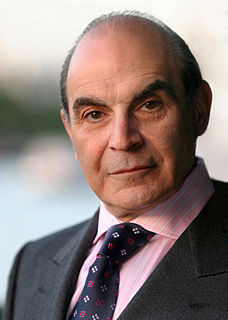A Quote by Andrew Sean Greer
Related Quotes
In so many roles I've played the outsider. As an outsider, you have more energy to succeed simply because you are an outsider. There are scripts floating around but they're not coming my way and I think that I am getting a little bit too old to play Napoleon. But if I was ever offered the role I would grab it.
As every writer knows... there is something mysterious about the writer's ability, on any given day, to write. When the juices are flowing, or the writer is 'hot', an invisible wall seems to fall away, and the writer moves easily and surely from one kind of reality to another... Every writer has experienced at least moments of this strange, magical state. Reading student fiction one can spot at once where the power turns on and where it turns off, where the writer writes from 'inspiration' or deep, flowing vision, and where he had to struggle along on mere intellect.
Most writers begin with accounts of their first home, their family, and the town, often from quite a hostile point of view-love/hate, let's say. In a way, this stepping outside, in an attempt to judge enough to create a duplicate of it, makes you an outsider. . . . I think it's healthy for a writer to feel like an outsider. If you feel like an insider you get committed to a partisan view, you begin to defend interests, so you wind up not really empathizing with all mankind.







































